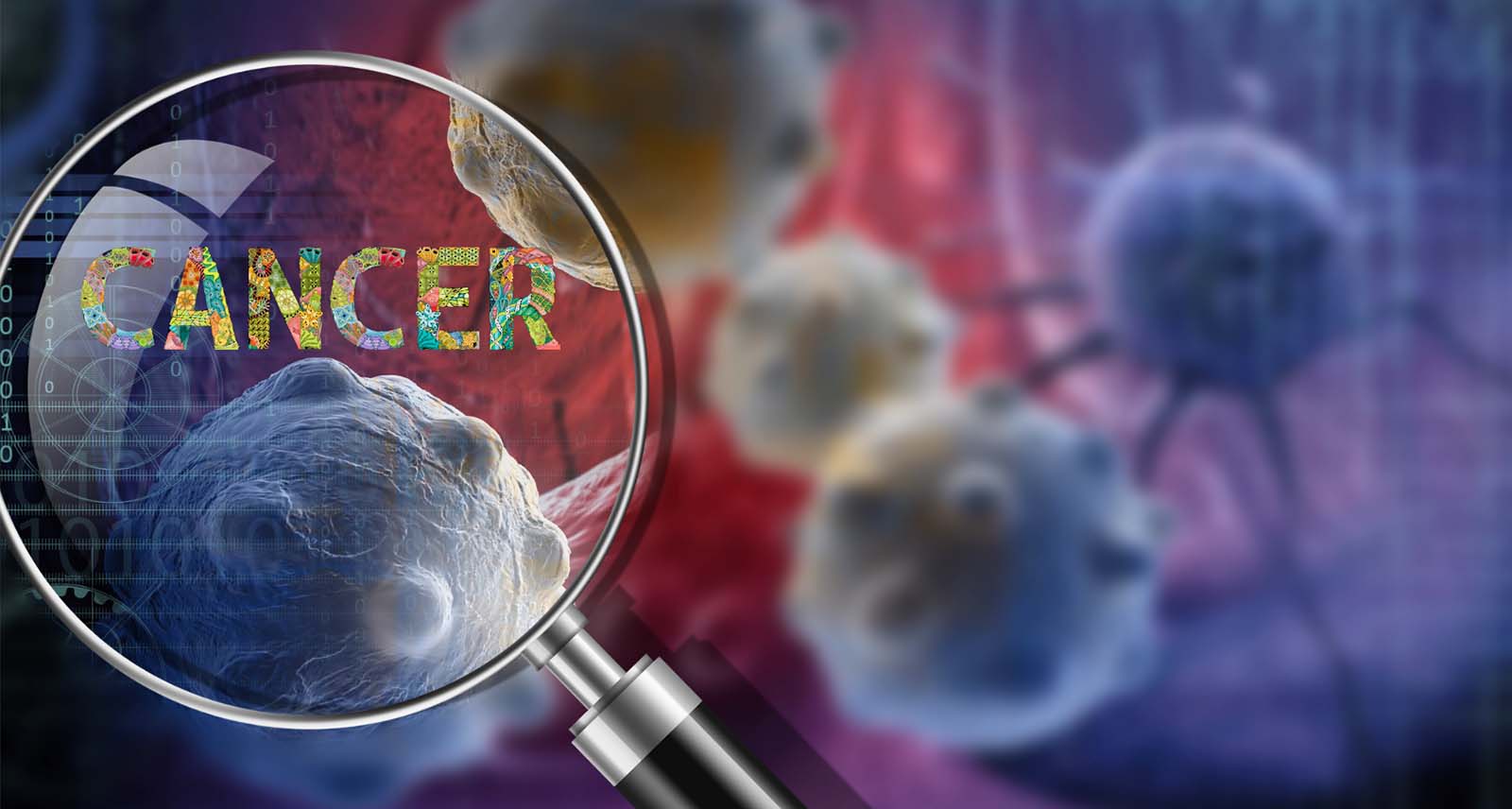Blogs

Cancer is a leading cause of death worldwide. According to the International Agency for Research on Cancer, the disease accounted for nearly 10 million deaths in 2020. Notably, there are a number of emerging technologies that are being developed and tested by African researchers and scientists to ease the burden of cancer and other diseases across Sub-Saharan Africa.
As the world marks Cancer Day today February 4, 2022 with the theme Close the Care Gap, we explore on the application of Artificial Intelligence (AI) in the diagnosis and treatment of cancer in Africa. Brittanica defines AI as “the ability of a digital computer or computer-controlled robot to perform tasks commonly associated with intelligent beings” (watch a short video here on a simple definition of AI by the Centre for Intellectual Property and Information Technology Law at Strathmore University in Kenya). AI has the potential to improve health services, diagnostics and personalized medicine in Africa by automating medical procedures.
A number of African scientists and innovators are currently exploring AI tools and applications for diagnosis and treatment of different kinds of cancer to combat and reduce deaths caused by the disease.
In Uganda, scientists have developed a PapsAI platform that is powered by AI technology to provide early cervical cancer diagnosis and treatment, which saves lives through early diagnosis and extends survival for many people. PapsAI is offering affordable diagnostic tools for cervical cancer, cutting the cost of its diagnosis. The platform significantly enhances cervical cancer detection through the pap smear screening method, eliminating the shortcomings of manual analysis that is labour and time intensive, and prone to human error. The founder of PapsAI was recognized by WHO Africa as one of AI health innovators with the potential to reduce disease burden in Africa.
A Ghanaian startup, minoHealth, uses artificial Intelligence for automated diagnosis, forecasts and prognosis of a number of diseases. Their research lab, minoHealth AI Labs, is focused on the application of AI in the study and treatment of cancer, among other health areas. The startup has developed AI systems automated diagnostics of 14 chest including breast cancer. The lab is currently testing and improving these AI solutions. It is important to mention that the Executive Director of minoHealth AI Labs is the Lead for the Topic Group on Artificial Intelligence for Radiology under the United Nations ITU and World Health Organization Focus Group on AI for Health (FG-AI4H). Further, minoHealth AI Labs is a member organization that works on developing global standards and regulations for the development, benchmarking and use of AI solutions in Radiology.
In Southern Africa, Icon Oncology recently announced a partnership with Limbus AI to introduce cutting-edge AI powered software, designed to use in radiation oncology, which is part of cancer treatment that kills cancer cells. The software is designed to reduce the planning time it takes before a patient can start radiation therapy.
Notably, the African Union High Level Panel on Emerging Technologies (APET), a strategic initiative of AUDA-NEPAD, identified AI as one of the ten emerging technologies that are priority areas of relevance for Africa’s socio-economic development. The Panel encourages African countries to consider adopting AI-enabled digital technologies in health care.
It is pertinent for African governments to invest in research and development of AI as a contributing technology in the diagnosis and treatment of cancer. AI-enabled health system requires public funding in line with countries’ public health priorities, and a new workforce of data scientists.
Legal and policy issues in the development and use of AI
Across the world, countries are currently developing a governance policy or legal framework for the implementation of AI in different sectors including healthcare. In Africa, most countries do not have a national digital health policy or strategy to guide the implementation and monitoring of digital health strategies.
An AI-enabled health ecosystem requires strategic vision, policies and regulations to guide its application and protect the users, and to foresee and curb the risks. In 2019, African Ministers for Communication, and Information and Communication Technologies adopted a continent-wide Declaration focusing on a collective and coordinated approach to AI. Member States of the African Union agreed to an African Common Position to adopting AI.

